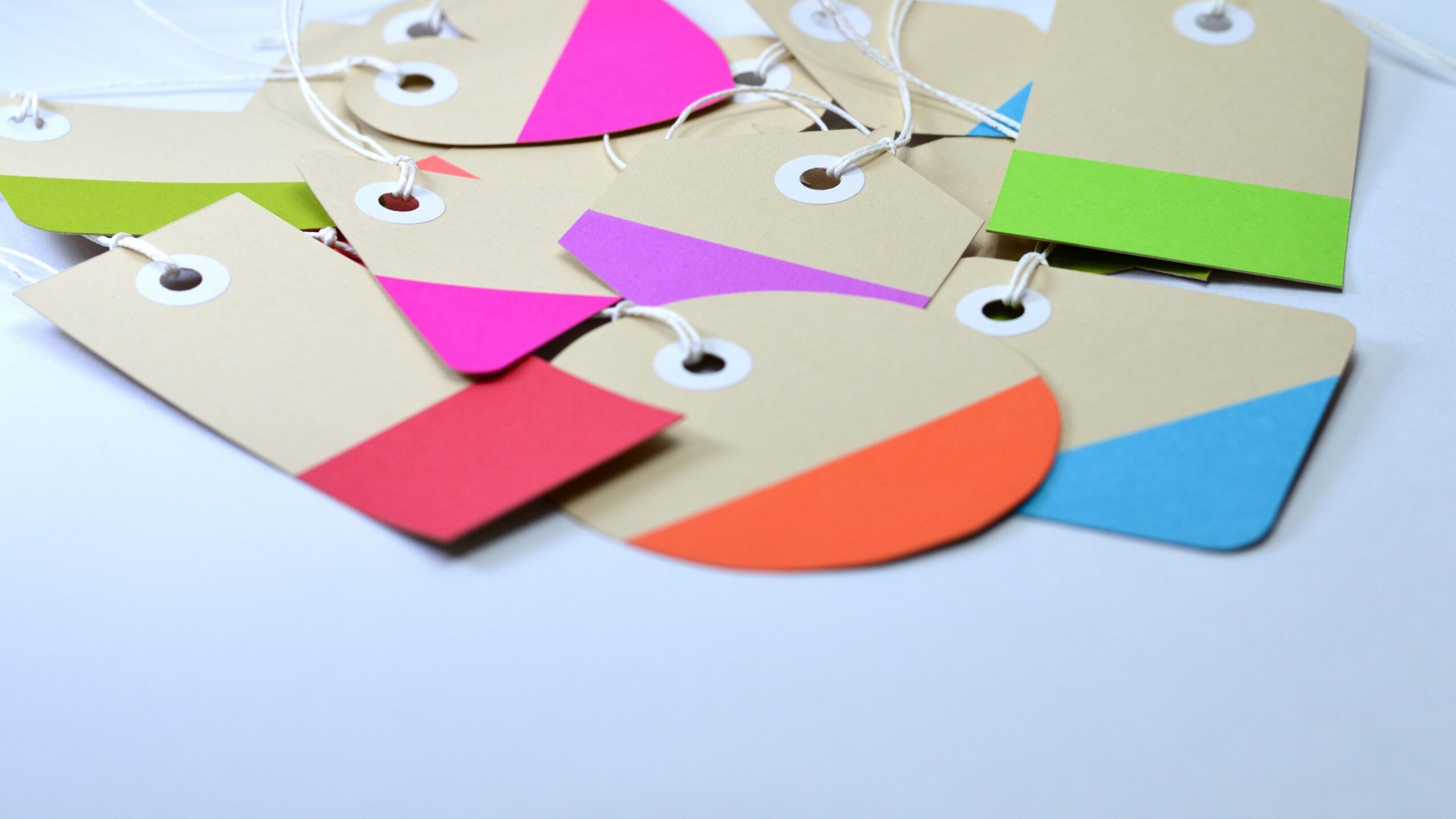Getting Personal: Conducting User Research for Better Usability
Understanding your audience is the most important step in beginning the usability strategy for your brand. Focusing on your audience’s behaviors, needs and motivations can pave the way for the best possible designs that will appeal to the user experience. Common methods used in evaluating your users involve observation techniques, task analysis and other feedback strategies.
Beginning The Process
To truly understand the impact of interface design, content and layout on the intended users. As with any type of user research, the subjects must be studied for the purpose of a greater level of understanding – once that level is achieved, the necessary or wanted improvements can be made in order to build that ideal web and brand environment.

Steps to Take
To ensure that the needed research is thorough, analysts can consider speaking directly to their interviewees, engaging in contextual interviews that will enable observation of the users in their natural environment – lending a more thorough understanding of the way they tick. Understanding the user and how he or she maneuvers around your website naturally can transfer insight toward improvements or tweaks. People may feel too pressured in the those types of tests, however; depending on the demographic, a more efficient method may involve focus groups, which provide a communal space where a discussion is conducted with a group of users. When they find themselves among their peers, they may be more open to discuss attitudes, ideas and user desires, opening the floor to greater input and valuable information straight from the source.
Gathering the Information
One-on-one interviews for user research can contribute more information on an individual level. Tip: Structure this conversation as a casual, informative session, infusing an air of no-judgment and basic discussion. When users are completely comfortable, they are more likely to be truly honest about their interactions with a product/website, instead of feeling as though they need to please or sugar-coat any feedback.
Finally, you can engage in usability testing, which will identify any user frustrations and possible issues with your website and its design. This is conducted as test participants try to complete the normal tasks within a website while observers simply watch, listen and take relevant notes.
Measuring ROI
Classifying usability problems with user testing, collecting qualitative and quantitative data while understanding and determining the user’s satisfaction with the product. Benefits include: learning if participants are able to complete the assigned tasks successfully, how long it takes them to complete those objectives and how satisfied they are with the overall experience. Usually, these types of tests require time and concentration, to truly glean the best information from the participants.
While time is not always available, a brand is strongly encouraged to project these types of analyses, to deeply understand their audience and demographic, solve any problems that users may have, and consequently increase interaction with their website, fostering brand connection. Communication is key – connecting on a meaningful level with your audience brings it all together.
Next Item
Authenticity in Branding

Related Articles
Navigating Usability Testing for Effective UX Design
June 19, 2024
The Future of User Experience
March 18, 2023


